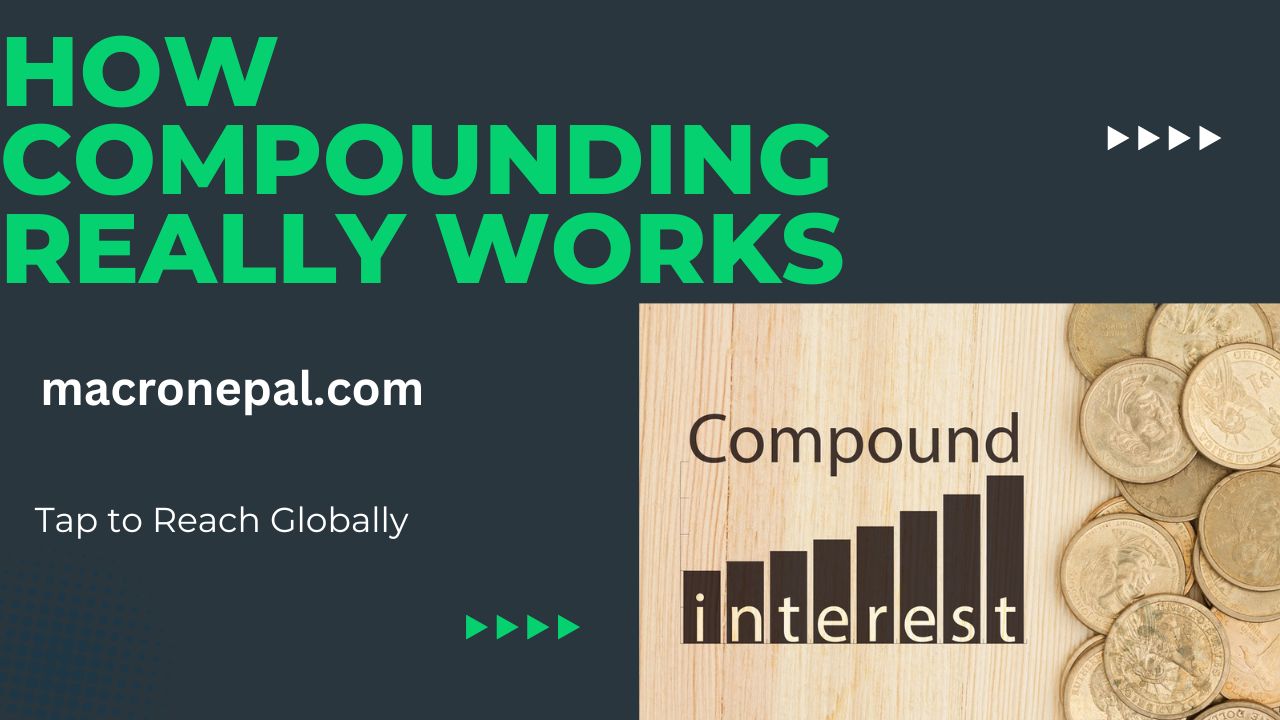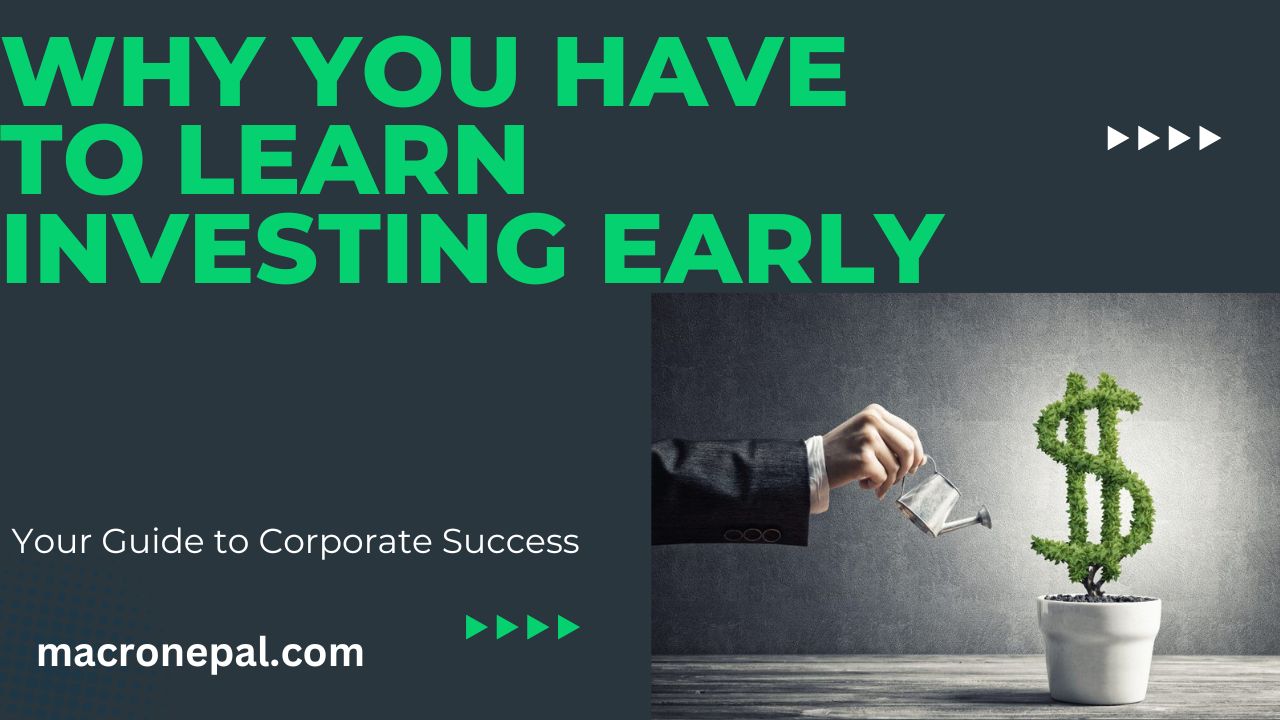The Power of Compound Interest: How It Works and Why It Matters
Compound interest is a fundamental concept in finance that can significantly impact your financial growth over time. Understanding how it works and its benefits can motivate you to start investing early and make informed financial decisions.
What is Compound Interest?
Compound interest is the process of earning interest on both the principal amount and the accumulated interest from previous periods. Unlike simple interest, which is calculated only on the principal amount, compound interest grows exponentially as it includes interest on interest.
How Compound Interest Works
To understand compound interest, consider this formula:
𝐴=𝑃(1+𝑟𝑛)𝑛𝑡
Where:
-
𝐴 is the amount of money accumulated after n years, including interest.
-
𝑃 is the principal amount (the initial sum of money).
-
𝑟 is the annual interest rate (decimal).
-
𝑛 is the number of times that interest is compounded per year.
-
𝑡 is the number of years the money is invested or borrowed for.
Example:
If you invest $1,000 at an annual interest rate of 5%, compounded annually, for 10 years, the future value of your investment would be:
𝐴=1000(1+0.051)1×10=1000(1.05)10≈1628.89
After 10 years, your $1,000 investment grows to approximately $1,628.89, thanks to compound interest.
Benefits of Compound Interest
-
Exponential Growth:
-
The most compelling benefit of compound interest is its exponential growth. Over time, even small amounts of money can grow significantly, especially when left to compound over long periods.
-
Early Investment Advantage:
-
Starting early allows your investments more time to grow. The earlier you start, the more you benefit from compounding, making a strong case for early investment.
-
Wealth Accumulation:
-
Compound interest can substantially increase your wealth. For example, consistently investing small amounts can lead to a sizable portfolio over several decades.
-
Financial Goals:
-
It helps you achieve financial goals such as retirement savings, education funds, and wealth creation more efficiently.
The Rule of 72
A simple way to estimate how long it will take for an investment to double is the Rule of 72. By dividing 72 by your annual interest rate, you get an approximation of the number of years needed for doubling your investment.
For example, if your annual interest rate is 6%, it will take approximately:
726=12 years
This quick calculation underscores the power of compounding and the importance of a decent interest rate.
Compound Interest in Practice

-
Savings Accounts:
-
High-yield savings accounts and certificates of deposit (CDs) use compound interest to grow your savings over time.
-
Retirement Accounts:
-
Accounts like 401(k)s and IRAs benefit immensely from compounding, making them ideal for long-term retirement savings.
-
Investments:
-
Stocks, bonds, and mutual funds, when held over long periods, benefit from compound growth, especially when dividends and interest are reinvested.
Maximizing Compound Interest
-
Start Early:
- The earlier you start investing, the more time your money has to grow.
-
Regular Contributions:
-
Consistently adding to your investments increases the compounding effect.
-
Reinvest Earnings:
-
Reinvest dividends and interest to enhance growth.
-
Choose Higher Interest Rates:
-
Opt for investments with higher returns, but be mindful of the associated risks.
-
Minimize Fees:
-
Lower fees mean more of your money stays invested and benefits from compounding.




